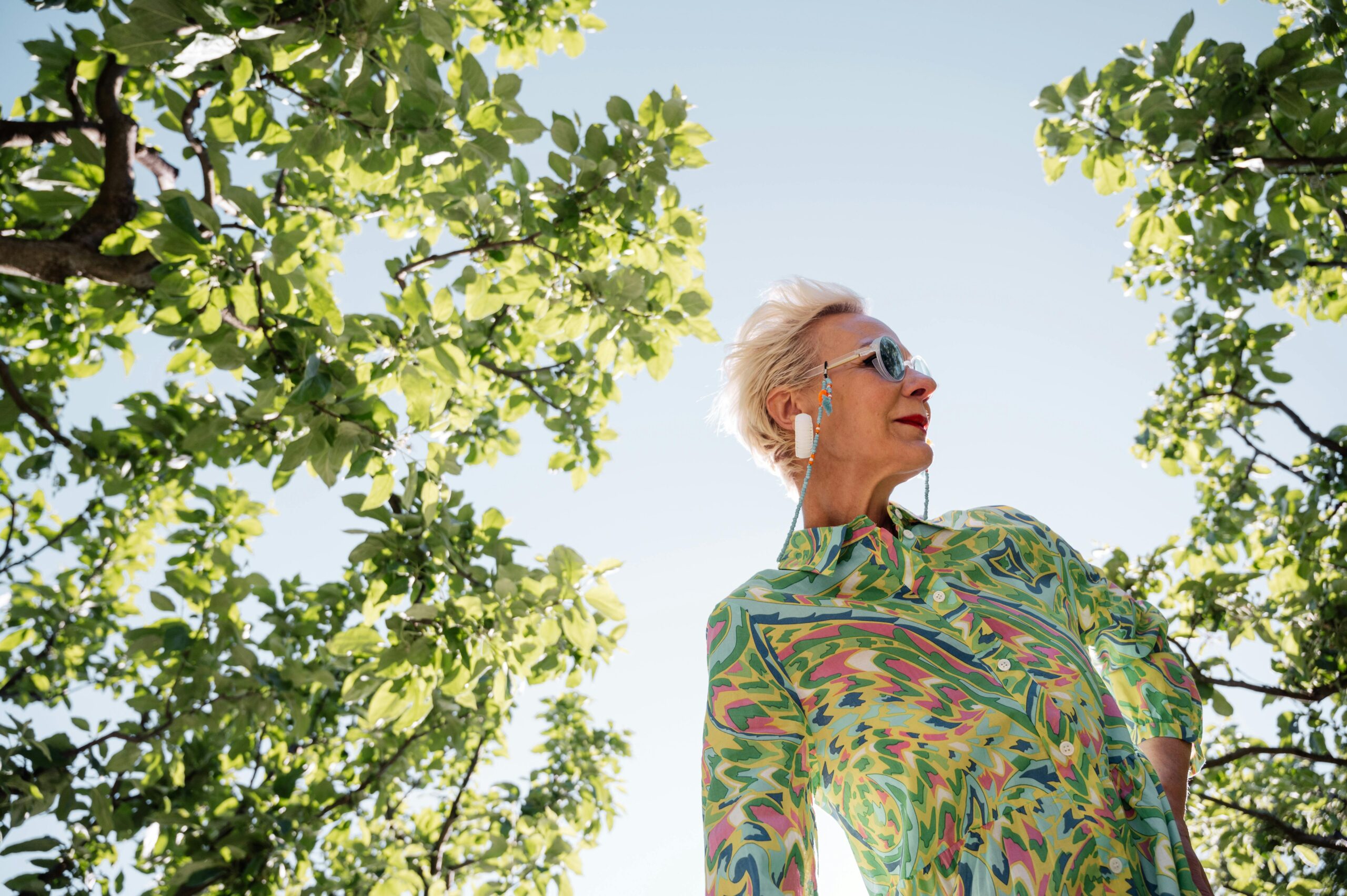
By Rev. Katey Zeh
It’s not unusual to hear of clergy and other people of faith standing outside reproductive health clinics that provide abortions. Typically they are carrying protest signs and accosting clients who approach the clinic, invoking religion to shame and blame.
But I’m a member of the clergy — a Baptist minister from North Carolina — and I’ve made many visits inside abortion clinics to offer support and strength to the patients seeking care and the professionals providing it.
One of my early experiences with what I consider the sacred space of these clinics came when I was a seminary student. I participated in a training sponsored by the Religious Coalition for Reproductive Choice (RCRC) on how to walk alongside those making decisions about their unplanned pregnancies. Before I offered any kind of counseling, I wanted to see for myself what it was like to walk into an abortion clinic for care.
After taking a tour of the local reproductive health center I was so moved by the love and kindness of the doctors and support staff — the deep listening they practiced, the reassuring words they offered those who were afraid — that I decided to volunteer on days when abortions were provided. In the procedure room I held patients’ hands, offered them my presence to help them feel less alone, and spoke gentle words of compassion.

For the few minutes that the procedure required, I was their pastor, and I was deeply moved by their willingness to allow me into that vulnerable space with them. Through that experience I felt the holy nudge to dedicate my ministry to supporting the work of abortion providers and standing up for reproductive dignity and freedom.
I have been involved with RCRC for many years. Now as its interim executive director and an ordained minister, I am having different kinds of experiences bringing peace and comfort into clinics that provide abortions.
Earlier this month I stood in a circle of interfaith clergy as we prepared to offer a ritual of blessing together within the walls of the Whole Woman’s Health clinic in Austin, Texas. Despite the punishing July heat, I felt the chill of goosebumps as we took one another’s hands and prayed together. As we entered the waiting room of the clinic and took our places, we were 10 clergy of diverse faiths and backgrounds united in affirming the clinic staff and the clients who seek their care.
This ceremony was held by RCRC, a national, interfaith, pro-choice organization; the Whole Women’s Health Alliance; and the Texas Freedom Network, a nonpartisan group of religious and community leaders who support religious freedom, individual liberties, and public education.

Our collaboration in blessing the clinic was rooted in a long history of progressive people of faith supporting the sacred work of reproductive decision-making. Across our diverse faith traditions we share a common calling to resist oppression, pursue justice, and uphold the dignity of every person to make moral decisions about their bodies, their families, and their futures.
During the service I had the honor of reading excerpts from journals that are kept in the waiting room so that clients may share their thoughts, fears, and hopes. As I read their words aloud, I found myself overcome with emotion. Their stories, filled with wisdom and love, reminded me of the time I spent as a volunteer in an abortion clinic years ago. So much of what they were expressing in these journal entries was what I remembered from those days in the procedure room, and sharing their words brought me back to those sacred moments I encountered there.
Day in and day out, abortion clinics face harassment, bullying, and even violence from protesters, many of whom are conservative Christians. Our interfaith rituals could not undo all of the hurt and trauma these actions have caused in the name of religion. But joining with other clergy to pray, sing and reflect represented an important side of the abortion story that isn’t well enough known: People of faith can and do support access to reproductive health care, including abortion, as a moral good.
They have done so for many years, even before Roe v. Wade made abortion legal. In these perilous times for reproductive health, rights and justice, progressive clergy and laypeople will not back down. We aim to continue blessing more reproductive care clinics and raising our voices in song and prayer to show respect for the God-given right of every individual to make decisions of conscience about their own bodies and lives.


Rev. Katey Zeh is a strategist, author, and speaker who works with nonprofits and faith communities on organizing for social change. She is the interim Executive Director of the Religious Coalition for Reproductive Choice. A highly sought thought leader and speaker Katey has presented on faith and activism at conferences and universities across the United States. The Center for American Progress named her one of their top justice-seeking faith leaders to watch. She has written for many outlets including the Huffington Post, Sojourners, and Religion Dispatches, and her advocacy work has been featured in the Washington Post, The Nation, Colorlines, and Feministing. She is the co-host of the Kindreds podcast and the author of a Women Rise Up: Sacred Stories of Resistance for Today’s Revolution (FAR Press, May 2019), a timely take on the tenacious women of the bible.
















